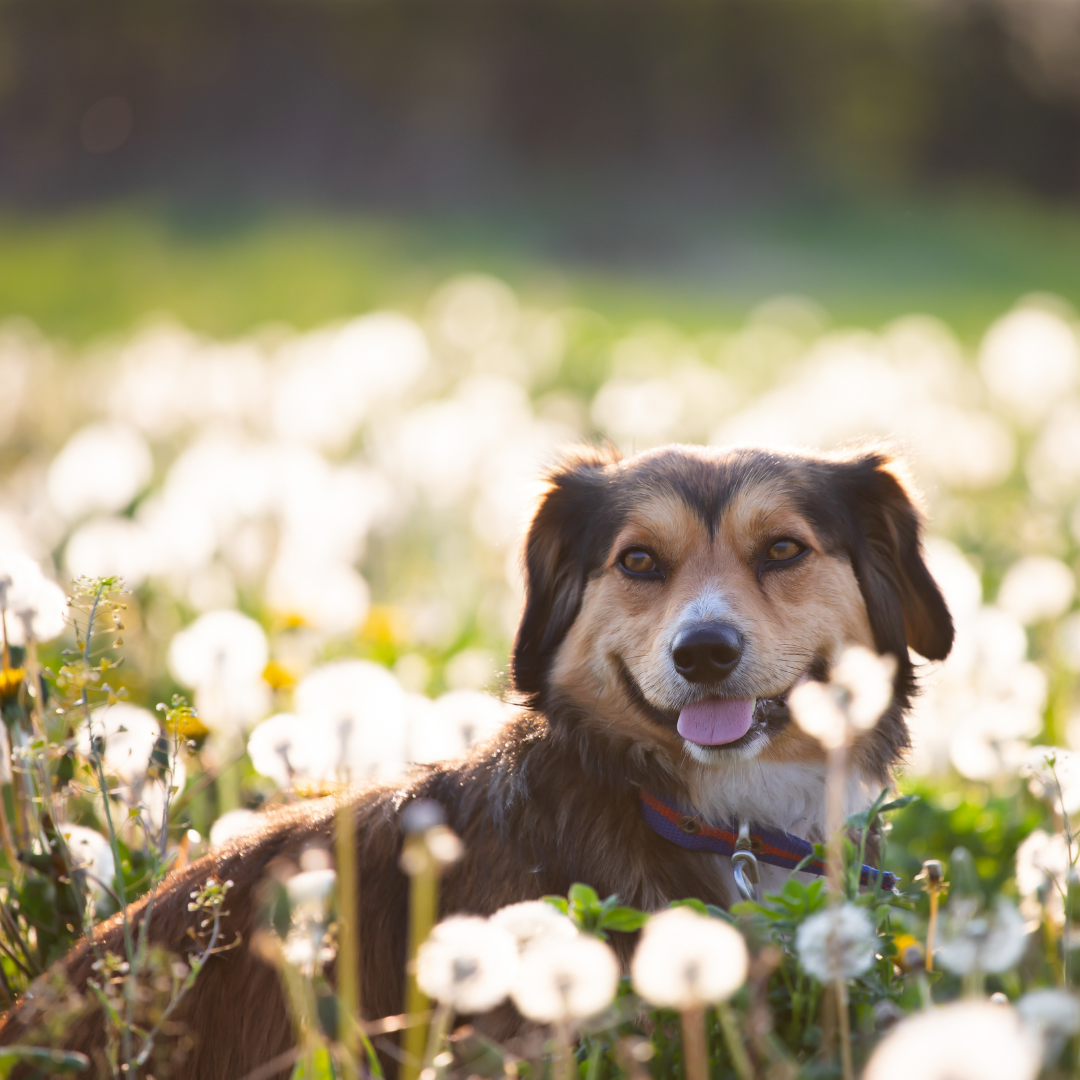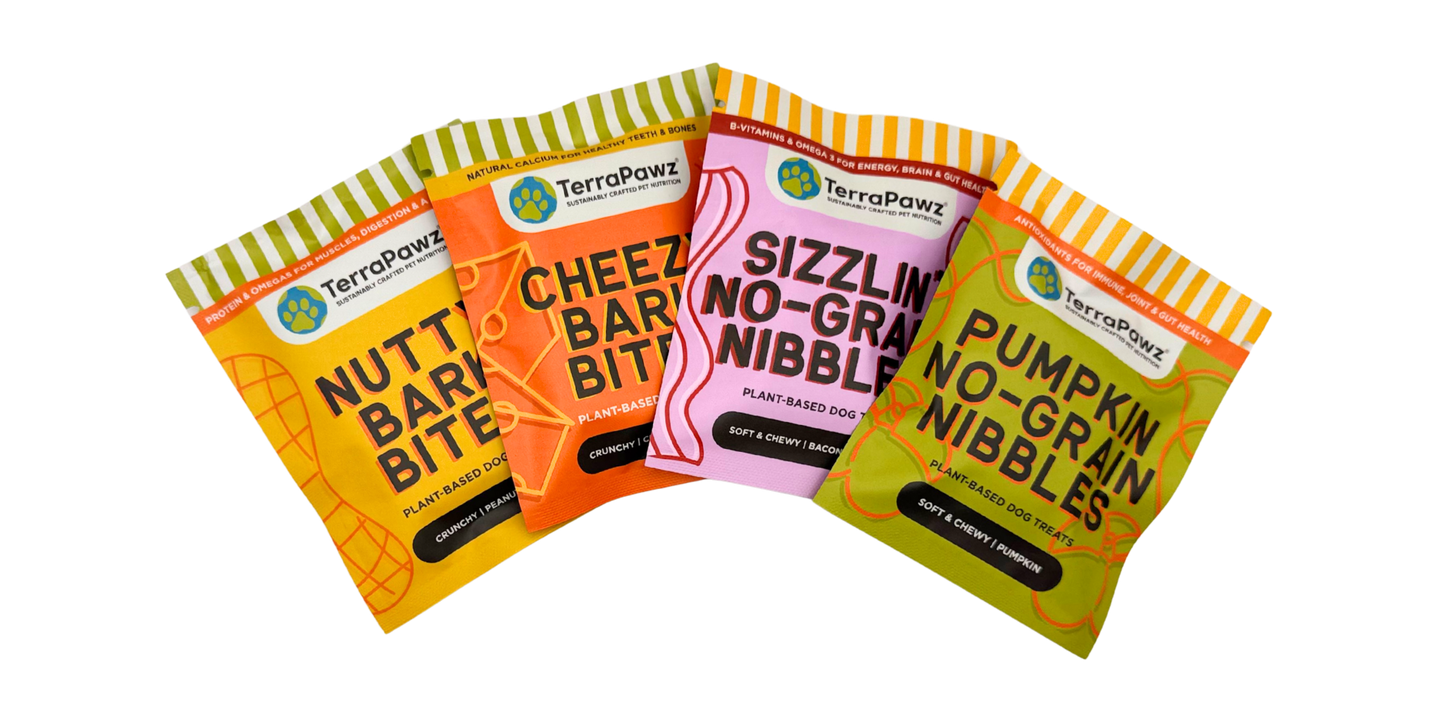
If your dog is struggling with allergies, you’re not alone. Allergies can be challenging to manage and can significantly impact your pet’s quality of life. Fortunately, with the right diet, you can help alleviate their symptoms and improve their overall well-being. Here’s a guide to understanding dog allergies and choosing the best food to support your furry friend.
Understanding Canine Allergies
Dogs can develop allergies to a variety of substances, including:
- Food Ingredients: Common allergens include wheat, soy, and specific proteins like chicken or beef.
- Environmental Triggers: Pollen, dust mites, and mold can also cause allergic reactions.
Symptoms of allergies in dogs may include itching, digestive upset, ear infections, or excessive licking. Identifying the specific allergen is crucial for managing your dog’s condition effectively.
Choosing the Right Food
Selecting the best food for dogs with allergies involves several considerations:
1. Identify and Avoid Triggers: Start by identifying what causes your dog’s allergies. Work with your veterinarian to determine the specific allergens and choose food that avoids these ingredients.
2. Opt for Limited Ingredient Diets: Limited ingredient diets contain fewer components, which can help reduce the risk of allergic reactions. Look for foods with a single source of protein and limited carbohydrate sources.
3. Consider Grain-Free Options: Many dogs with allergies benefit from grain-free diets, as grains like wheat and corn can be common allergens. For instance, TerraPawz No-Grain Nibbles are both grain and gluten-free, making them an excellent choice for dogs with sensitivities to these ingredients.
4. Choose High-Quality Proteins: Ensure the food you select uses high-quality, easily digestible proteins. Novel proteins, such as duck or venison, can be good alternatives if your dog is allergic to common meats.
5. Look for Hypoallergenic Formulas: Some pet foods are specifically formulated to be hypoallergenic, containing hydrolyzed proteins that are less likely to trigger an allergic response.
Tips for Managing Dog Allergies
-
Consult Your Veterinarian: Always consult with your vet before making changes to your dog’s diet. They can help diagnose allergies and recommend suitable food options.
-
Introduce New Foods Gradually: When switching to a new food, introduce it gradually to minimize digestive upset.
-
Monitor Your Dog’s Reaction: Keep an eye on how your dog responds to the new food. If symptoms persist or worsen, consult your vet for further guidance.
Conclusion
Managing your dog’s allergies with the right food can make a significant difference in their comfort and health. By choosing the appropriate diet and working closely with your veterinarian, you can help your dog lead a happier, healthier life.
For more tips and information on managing pet allergies, stay tuned and keep exploring the best options for your furry friend’s unique needs.


